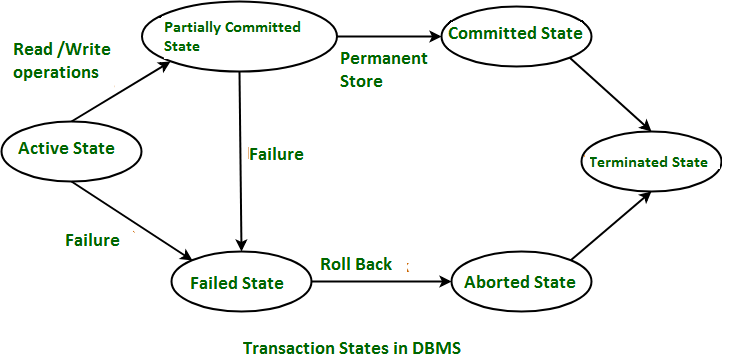Analysis of Business Transactions Definition, Steps, & Example
![]()
By understanding the types, benefits, and considerations for setting up business accounts, organizations can streamline financial management, enhance credibility, and pave the way for long-term success. Alpaca is committed to supporting organizations with innovative solutions that drive growth and stability in the financial landscape. The first step in any sale process is an in-depth understanding of the company´s value. This means not just in terms of accounting figures, but also identifying the assets and liabilities which may affect the transaction. Using accounting software, you can systematically generate an invoice for a customer with the data input in your journal entry system.
Accounting and the Importance of Adjusting Entries

All debit and credit transactions are also classified as cash transactions. Examples of cash transactions include the purchase of furniture for cash, the sale of merchandise for cash, and making a payment to a creditor by check. Since there is a credit for every debit when using the double-entry method, and vice versa, there will always be a credit for every debit.
What Is Meant by the Term Transaction?
Accounting is concerned with recording the business transactions of an entity and any event which does not affect the business financially is not recorded in accounting system. The importance of business transactions extends beyond mere record-keeping. They provide valuable insights into the financial health and performance of a business, enabling management to make informed decisions. For instance, analyzing sales transactions can help identify trends and patterns in customer behavior, while monitoring expense transactions can aid in controlling costs and improving profitability. In the business world, transactions are the lifeblood that keeps companies thriving. A business transaction is an economic event involving the exchange of goods, services, or funds between parties, impacting the financial position of a business.
What Documents Can Support a Business Transaction?
What happens next Monday when that sense of self worth is no longer there? You do need to ask that question, and your family should be involved in the discussion. In my 15 years as an accounting firm transaction advisor, and over the last six weeks as Accounting Times readers have shared their thoughts, I have been asked some spectacularly insightful questions, and one or two clangers.
If the transaction cannot be recorded in a business account, chances are, it is not a business transaction. If the pastry company offers a dozen macarons to a professional photographer for product photos for the company’s website, this is also a purchase transaction. If the pastry company orders a MacBook for $1,500 but hasn’t paid for or received it, there’s no purchase transaction, and the bakery shouldn’t record this purchase. This creates a sales transaction for the pastry company because it’s offering something of value (a case of macarons) and the hotel accepted by offering something of value (cash).
What are the Steps of Transaction Analysis?
It also provides the necessary documentation to support tax deductions and credits. The proper analysis of business transactions is important because it ensures that entries in the journal are correct. Disbursing salaries to employees is a recurring business transaction. It involves the transfer of funds and impacts both the income statement and balance sheet.
There is no guarantee that any investment strategy will achieve its objectives. Please note that diversification does not assure a profit, or protect against loss. There is always the potential of losing money when you invest in securities, or other financial products.
- Ensure all parties fulfill their obligations and address any issues that arise promptly.
- The purpose of business transactions is to manage day-to-day operations and generate immediate revenue, whereas investment transactions aim to achieve long-term growth and returns.
- Every business transaction has a two-fold effect in the elements of accounting.
- It’s good to keep in mind that not all transactions are business-related.
Transactions between a buyer and seller are relatively straightforward, where one party pays the other party for a product or service. Once they agree on terms, they exchange the money for the item, completing the transaction. Every business transaction has a two-fold effect in the elements of accounting.
A business may purchase $500 of office supplies in May, for example, and pay for them in June. A business transaction can occur between two parties for mutual benefits or between a business entity and a customer, such as a store and a person purchasing an item from the store. From above why you should hire an accountant for your personal finances discussion, we can point out the following five important characteristics of a valid business transaction that every bookkeeper or accountant must take care of before entering the transaction in the journal. Post the transaction, via a journal entry, into the financial ledgers.
Leave a reply →